People
Faculty
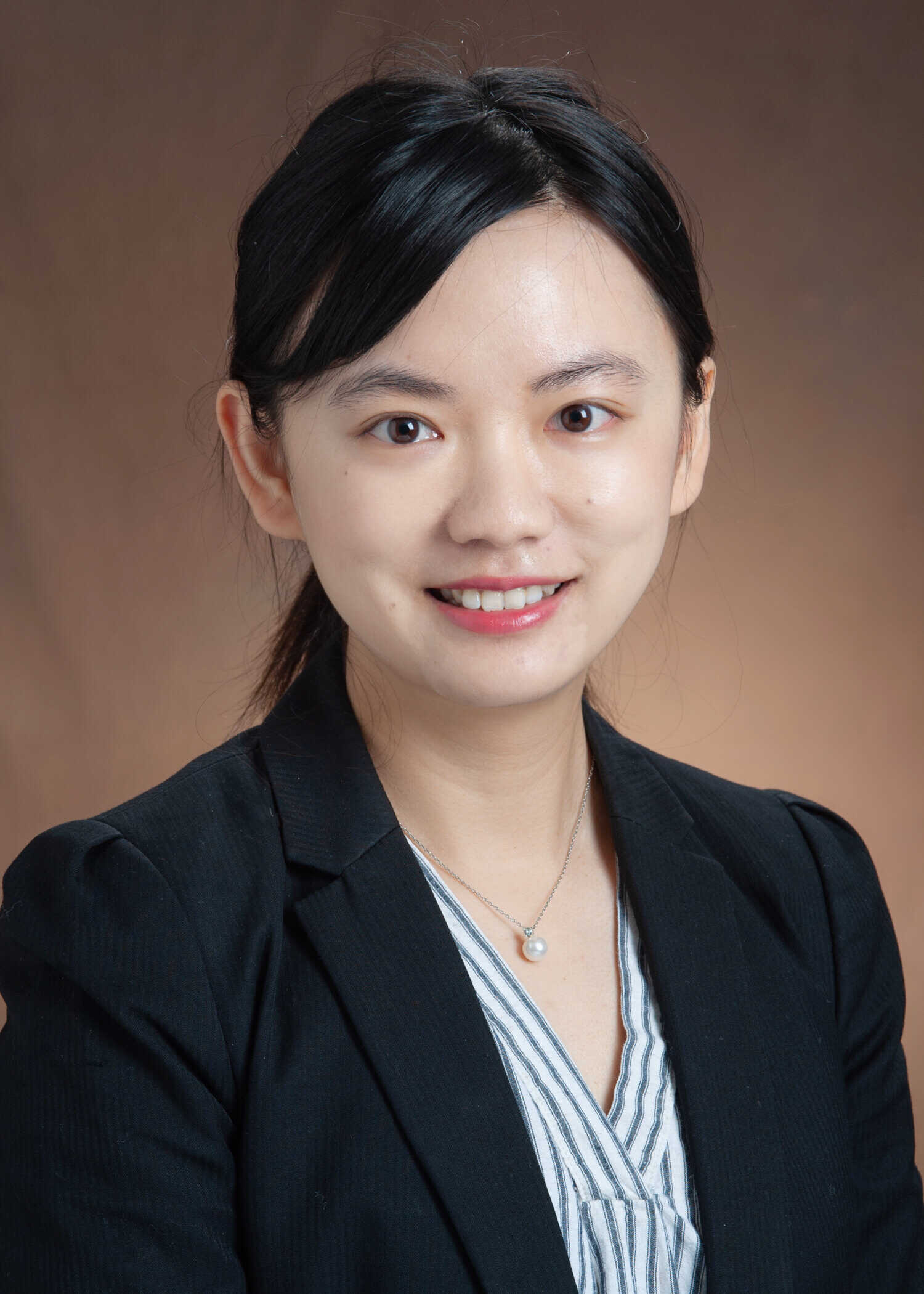
Shuning Lu, Ph.D.
Shuning Lu is an Assistant Professor in the Department of Communication, North Dakota State University. Her research interests revolve around news use and effects, political communication, and digital journalism. Her recent projects explore social media news engagement, online incivility, and civic engagement with both observational and experimental data.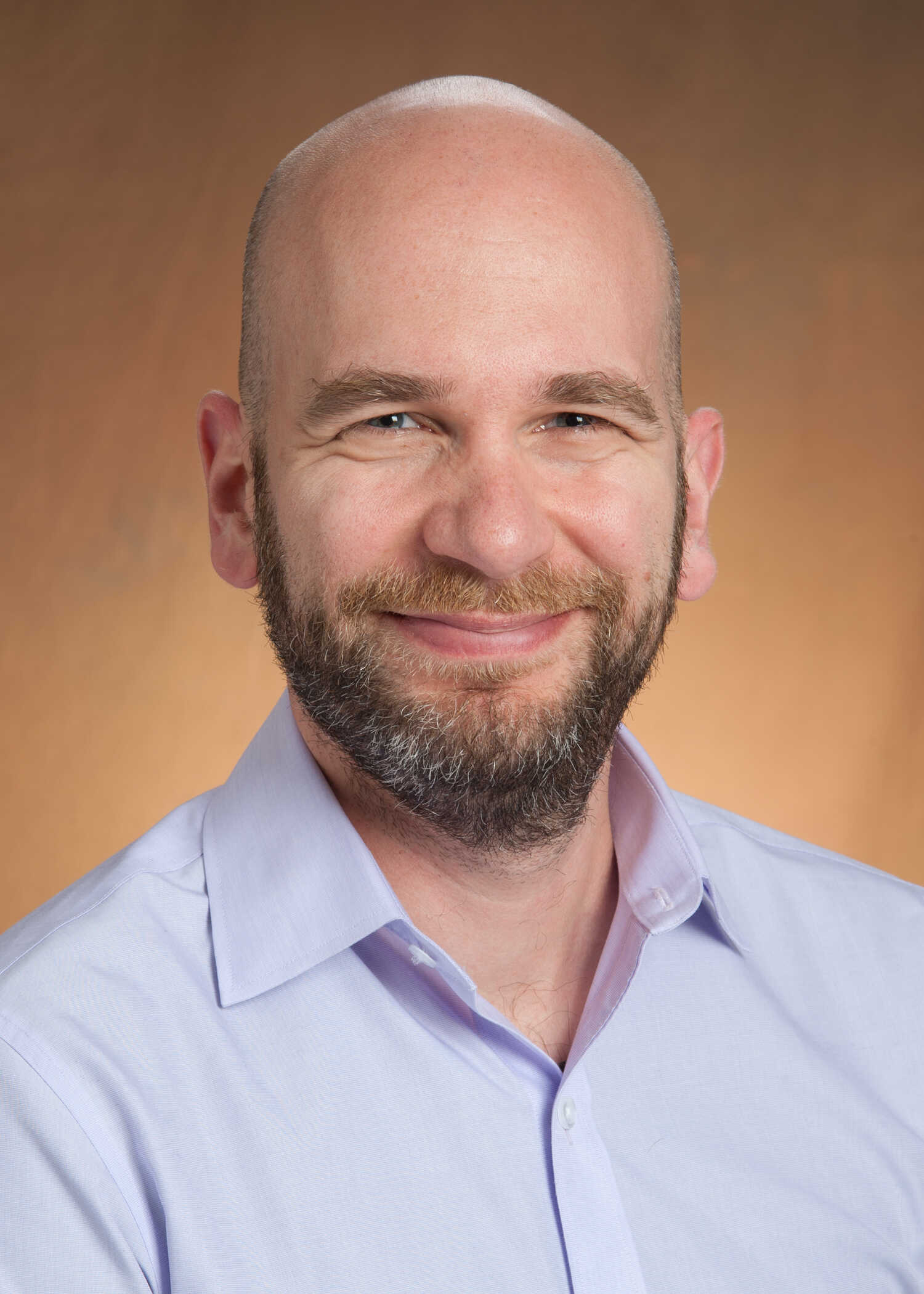
Zoltan P. Majdik, Ph.D.
Zoltan P. Majdik is an Associate Professor in the Department of Communication, North Dakota State University. His research interest lies in the field of rhetoric, with a focus on computational approaches to rhetorical texts. His recent projects explore how complex matters such as climate change are framed in policy discourse, and on how to build machine learning models for classifying complex rhetorical language-structures.Speakers
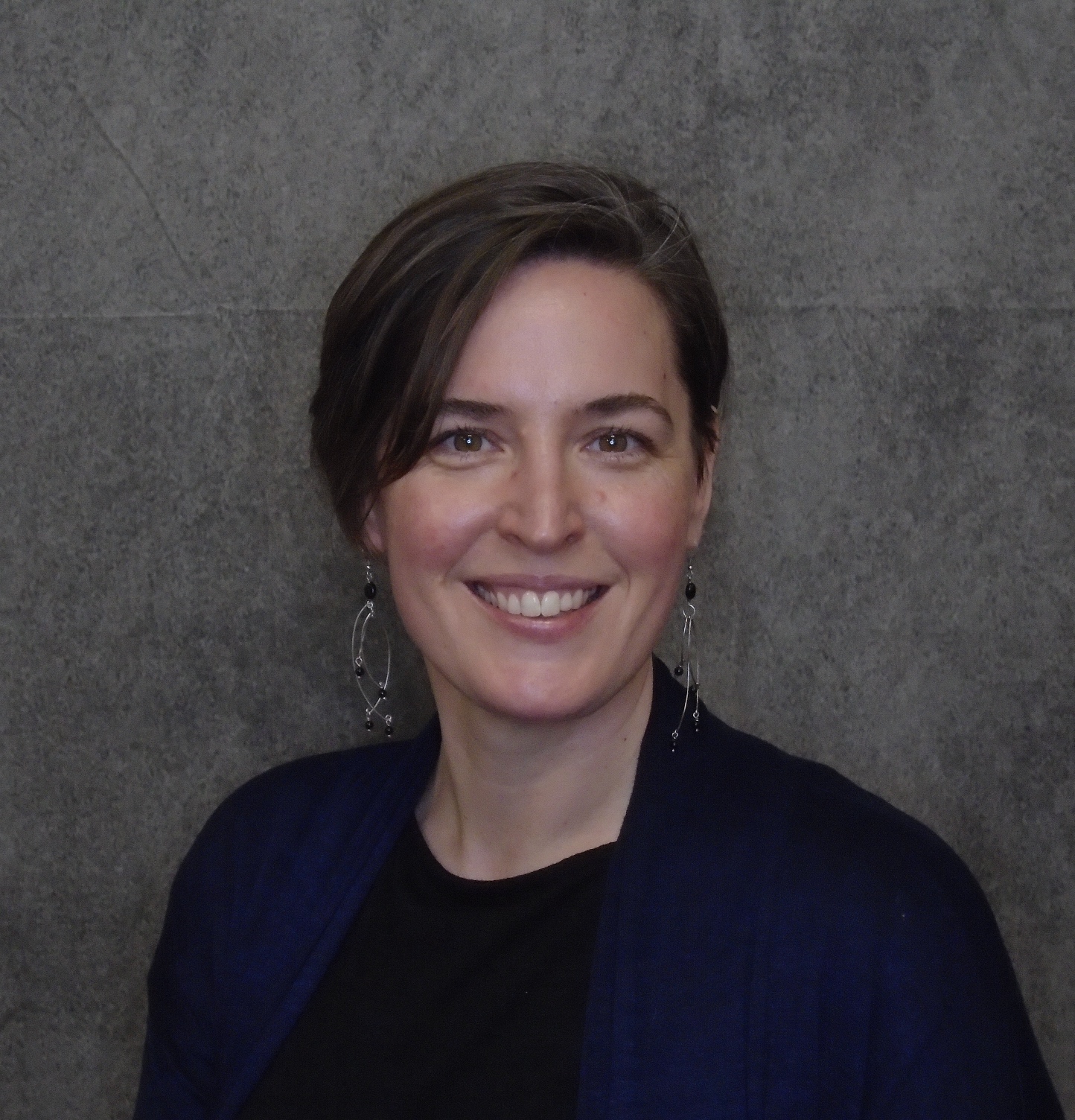
Leslie A. Laam, Ph.D.
Leslie A. Laam is an Assistant Scientist-Manager with the Center for Bio-behavioral Research at Sanford Research in Fargo, ND. Prior to her role in research, Leslie spent 15 years working in applied analytics in clinical settings that ranged from evaluation of improvement initiatives to advanced analytics of business operations related to patient care and safety. Her current research interests are in utilizing statistical methods that clearly bridge healthcare practice and research.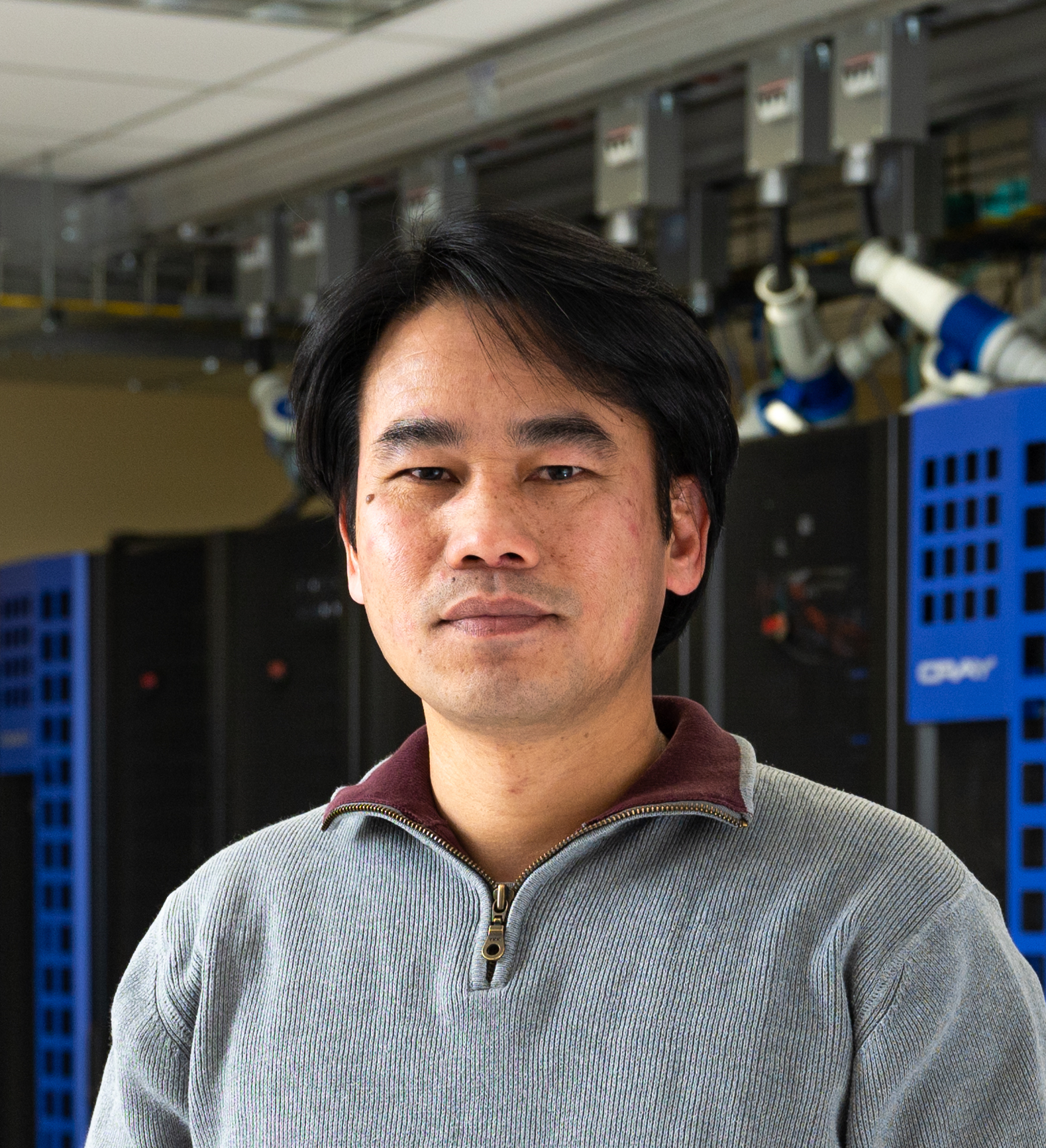
Khang Hoang, Ph.D.
Khang Hoang is the Interim Executive Director and a Research Facilitator in the NDSU Center for Computationally Assisted Science and Technology (CCAST), and an adjunct faculty in the NDSU Department of Physics. His research involves physics, chemistry, and materials science. As a research facilitator, he advises other researchers on the application of high-performance computing in various research fields.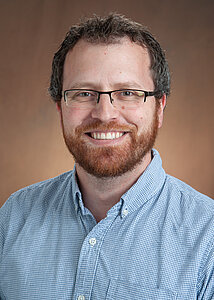
Dane Mataic, Ph.D.
Dane Mataic’s research explores the intersection of mobilization, international conflict, and social inequalities. Broadly, he applies organizational and community theories to address topics as wide ranging as the spread of governmental policies that regulate religious organizations, the mobilization of religious members by American churches, and the spread of religious bias and advocacy.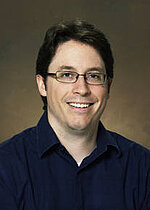
Dan Pemstein, Ph.D.
Dan Pemstein is a Professor of Political Science & Public Policy at North Dakota State University. He is a comparative political economist and methodologist who studies challenges that digital networks pose to democracy and develops tools to better measure qualities of democratic institutions. He is co-director of the Digital Society Project, co-developer of the Unified Democracy Scores, co-author of the Scythe Statistical Library, and serves as project manager for measurement methods, and steering committee member, for the Varieties of Democracy project.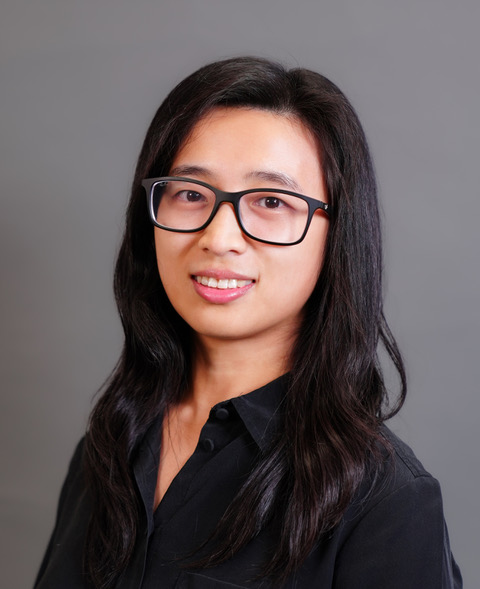
Yini Zhang, Ph.D.
Yini Zhang is an assistant professor in the Department of Communication at the University at Buffalo, State University of New York. She uses computational methods and big data to study social media and political communication. Her current research program centers around three questions: 1) within social media, how people express themselves and interact with each other, 2) as an ecosystem, how social media platforms relate to one another in terms of the flow of information, and 3) beyond social media, what can influence and be influenced by communication and interaction on social media.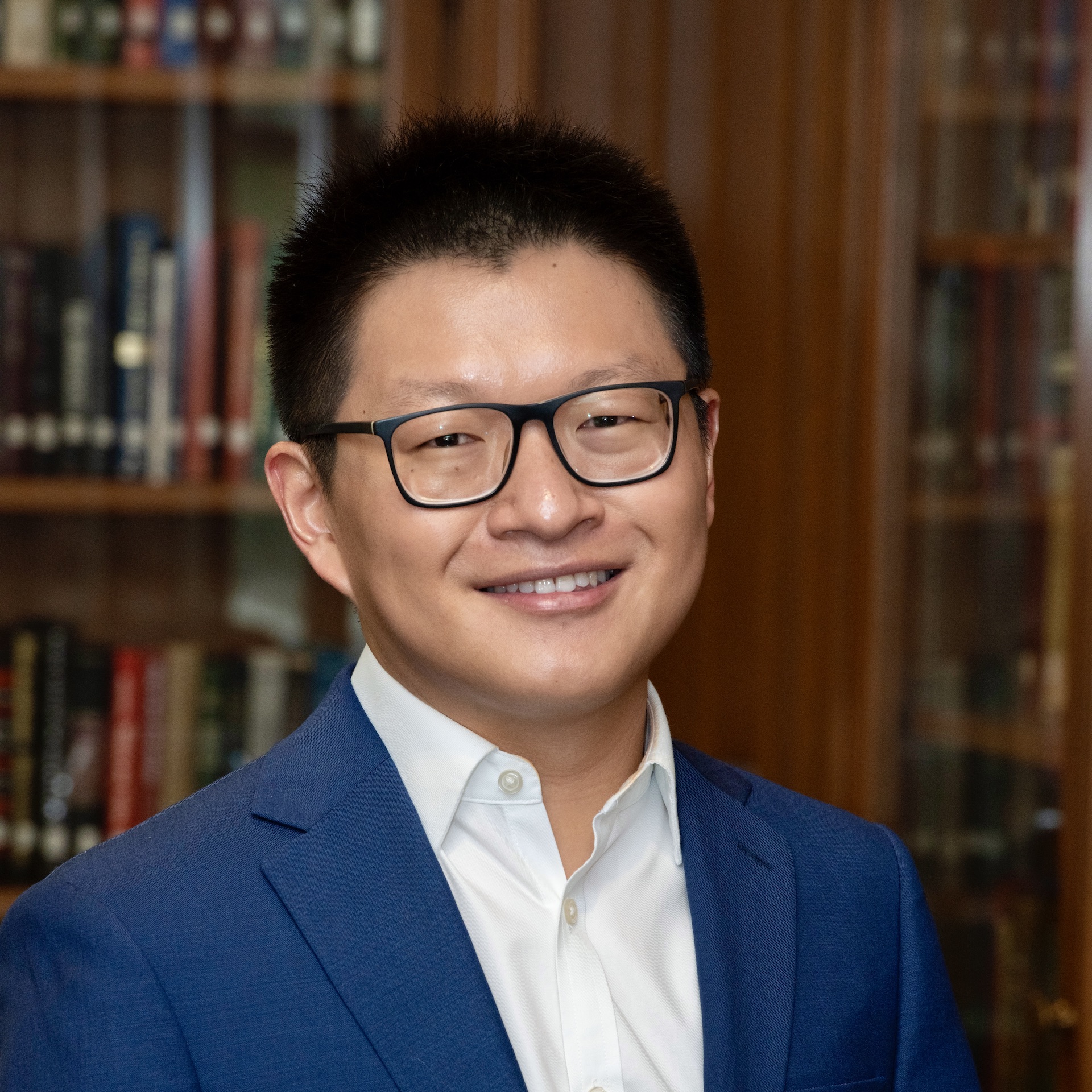
Alvin Zhou, Ph.D.
Alvin Zhou is an Assistant Professor at the Hubbard School of Journalism and Mass Communication at the University of Minnesota Twin Cities. His research centers around computational social science and strategic communication (advertising, public relations, audience analytics, and organizations), and advocates the diversity of data sources, substantive foci, and methodological toolkits in computational work.Teaching Assistants
Participants
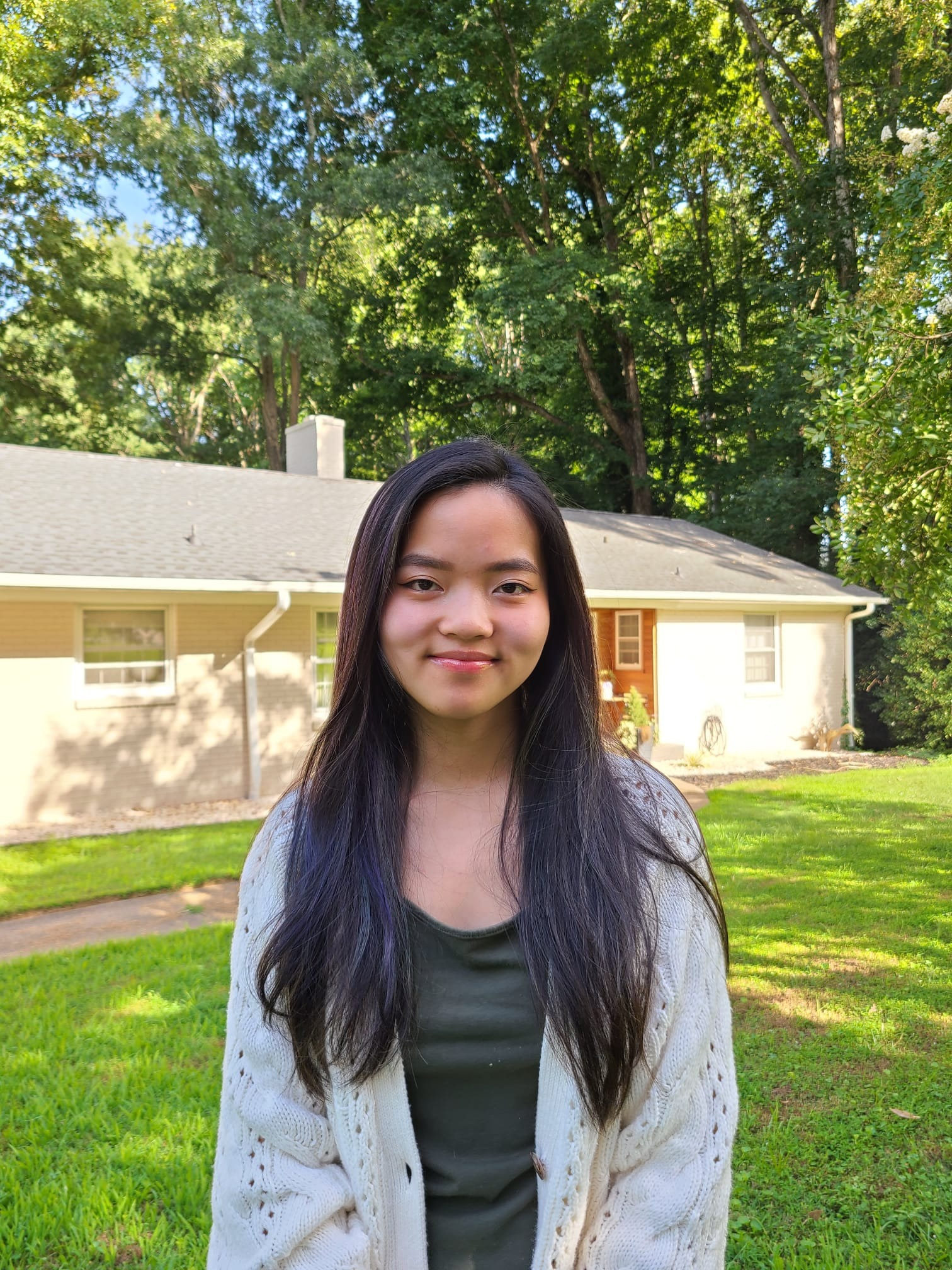
Lee-Anne Andre
Lee-Anne Andre is a current masters student in her hometown at the University of North Carolina at Charlotte studying sociology. Her goal is to work in public policy or non-profit research. Outside of school she loves video games, baking, and hanging out with her cats.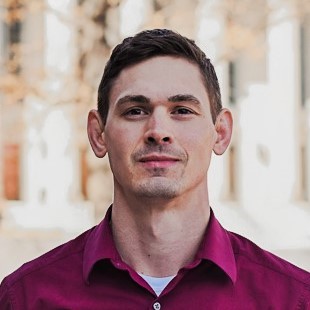
Dan Card, Ph.D.
Dan Card is an assistant professor in the Department of Writing Studies at the University of Minnesota-Twin Cities, where he teaches courses in technical communication and rhetoric. Broadly speaking, his research explores the complex relationship between communication, technology, and the production and circulation of information and arguments in digital environments.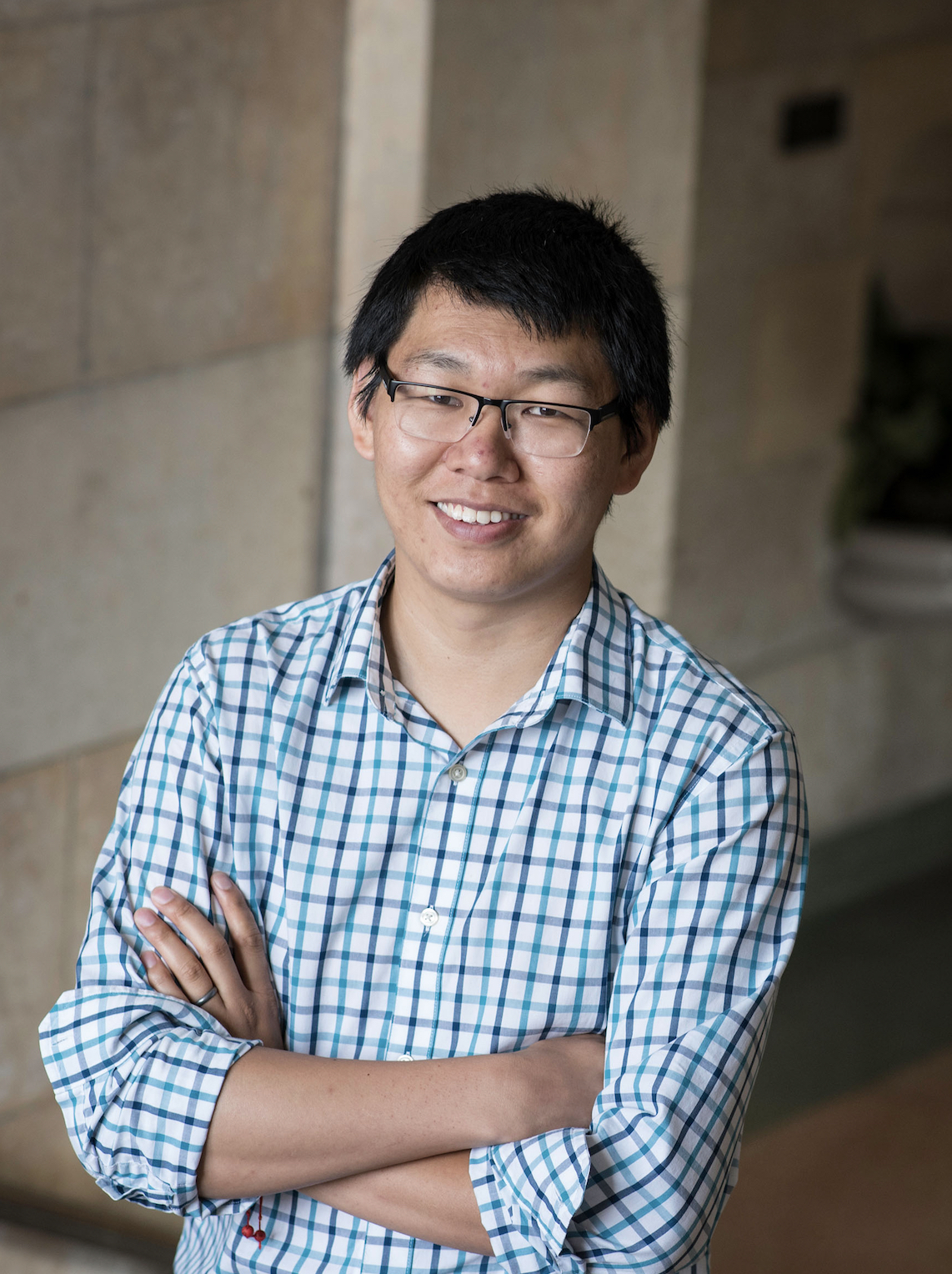
Yuan Cheng, Ph.D.
Yuan (Daniel) Cheng is an assistant professor in the Humphrey School of Public Affairs at the University of Minnesota. Daniel's research agenda is focused on a range of theoretical and managerial questions lying at the nexus of governance, government-nonprofit relationships, co-production, and the distributional and performance implications of cross-sector collaboration.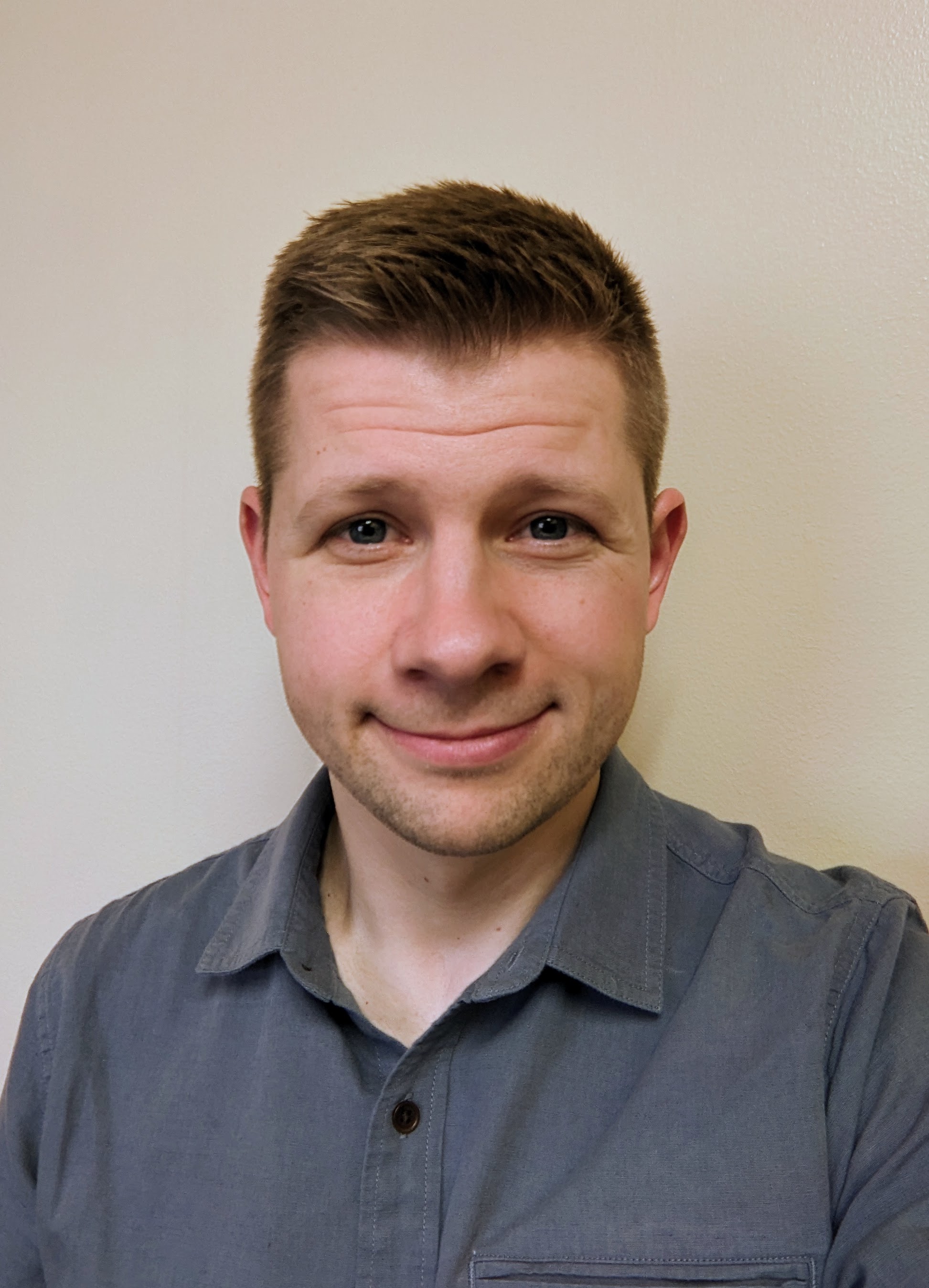
Nick Dusek
Nick Dusek is a Research Computing Facilitator at North Dakota State University's Center for Computationally Assisted Science and Technology, where he assists faculty, staff, and students in leveraging high-performance and advanced computing resources for research and teaching.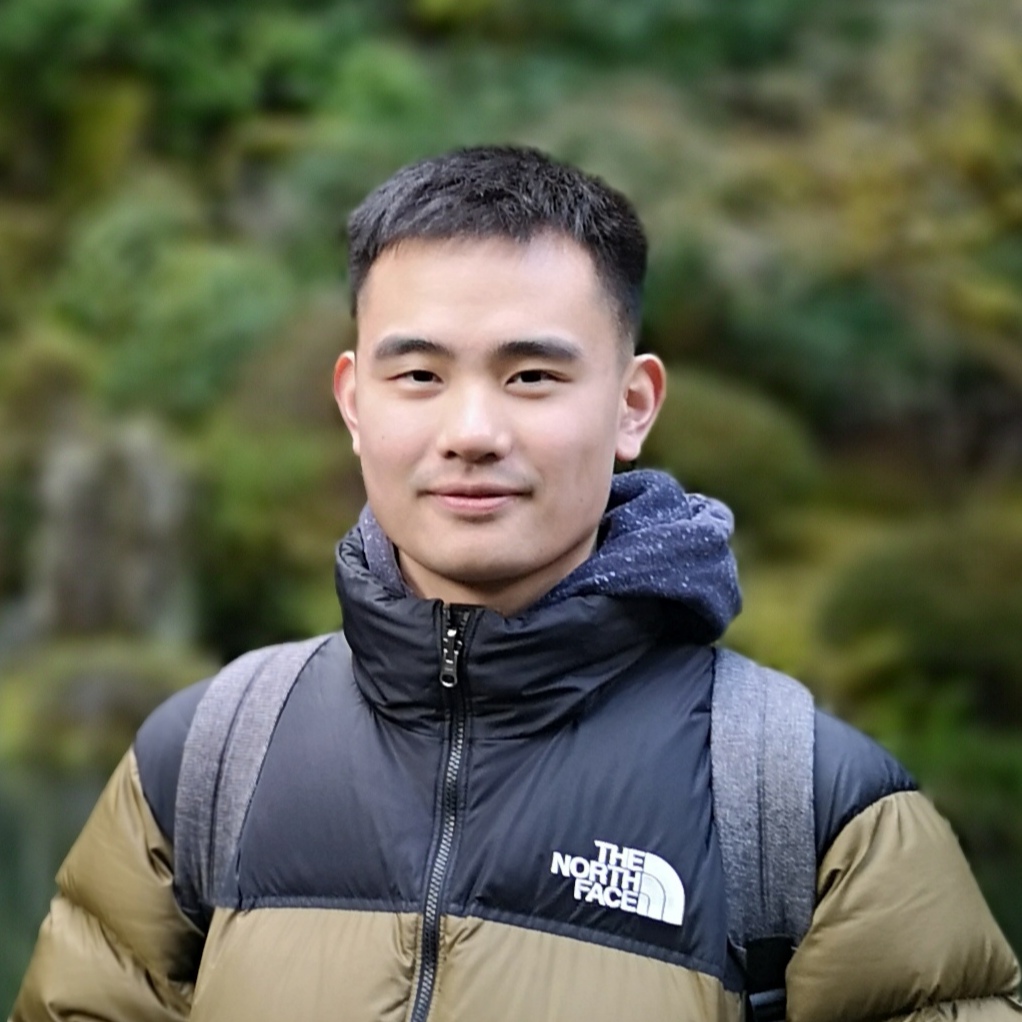
Ke (Kay) Fang
Ke (Kay) Fang is a master's candidate at New York University. With a strong interest in the complex social dynamics of political polarization and social norm shift, he combines social psychology with computational techniques such as NLP, network science, and computational cognition to investigate the underlying mechanisms driving these phenomena.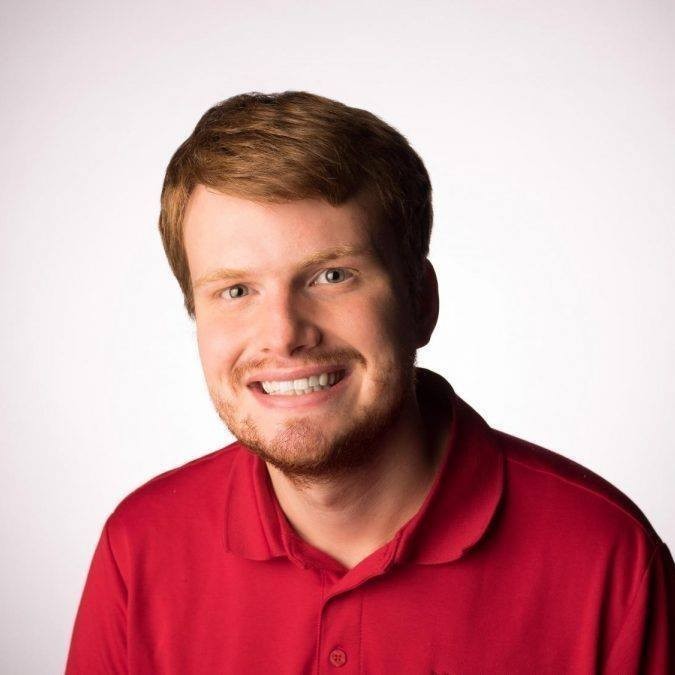
Matthew Goldsmith
Matthew Goldsmith recently completed his first year as a Ph.D. student in the Department of Communication at North Dakota State University. His research interests include political messaging and news coverage on social media.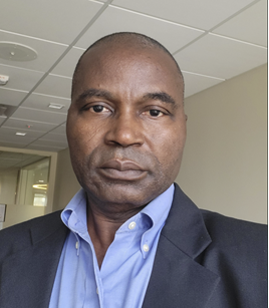
Adamu Timothy Jaafaru
Pursuing a DBA at Metro State University, Tim leverages his MIS Master's and over 20-year banking sector experience in corporate financial systems. He also shares his expertise as an adjunct professor at Minnesota State Community College.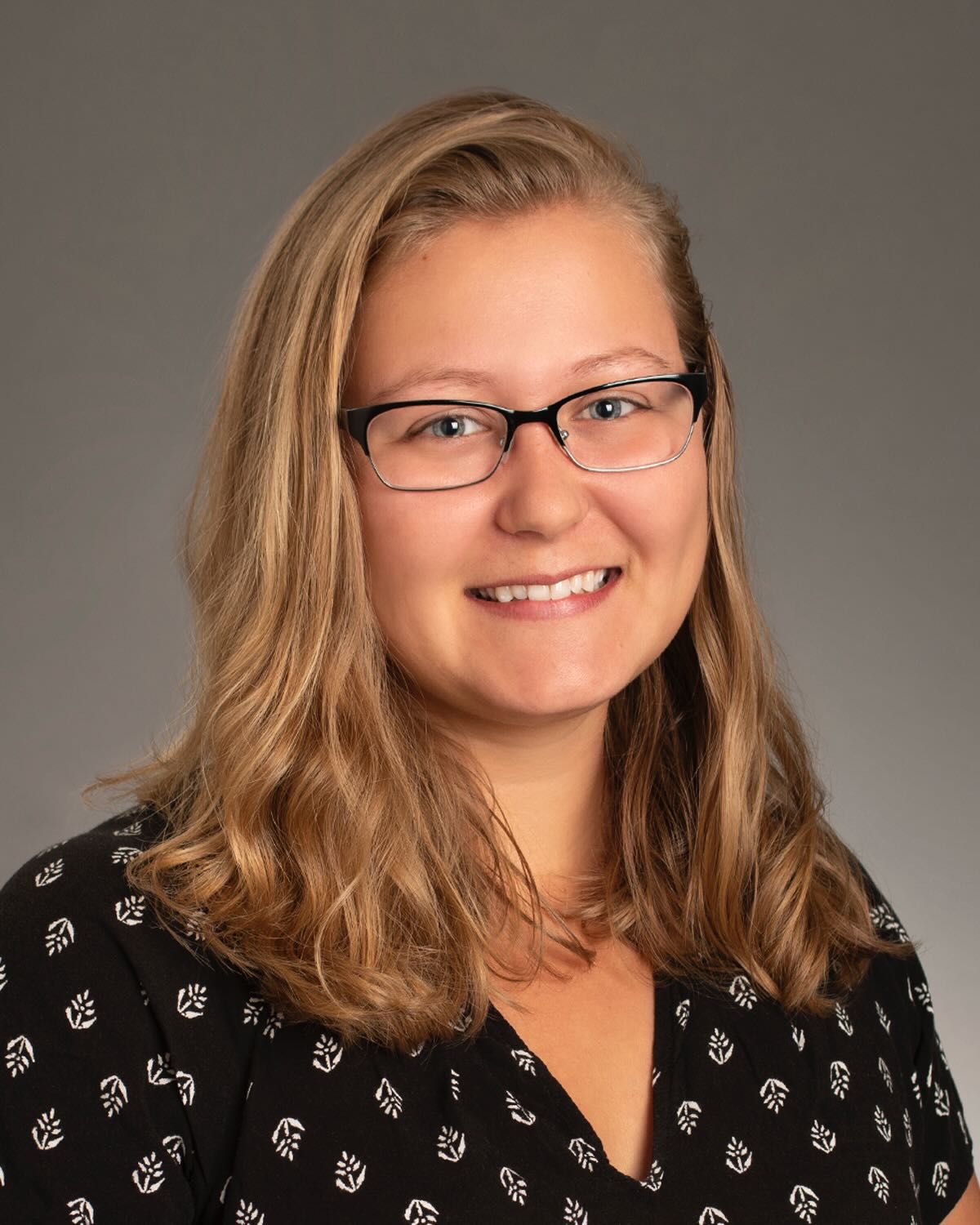
Haley Netherton-Morrison
Haley Netherton-Morrison is a Ph.D. Candidate in Ecology, Evolution, and Behavior at Boise State University. Her research interests focus on the application of social science theory to natural resource issues and the promotion of sustainable working landscapes. Currently, she seeks to understand public perceptions to inform decision-making in changing landscapes.
Nathaniel Pagel
Nathaniel Pagel is a doctoral student in experimental/general psychology at the University of North Dakota. He teaches abnormal psychology and enjoy hiking. Currently, he is interested in combining IOT with non-invasive neuromodulation techniques to address mental health concerns and improve continuity of mental health care.
Yan Qu, Ph.D.
Yan Qu is an incoming Assistant Professor in the Department of Communication at the University of Maryland College Park. His research takes a social network perspective to examine public relations issues, with a focus on personal social networks and public engagement. Yan formerly worked as a postdoctoral associate at the University of Minnesota.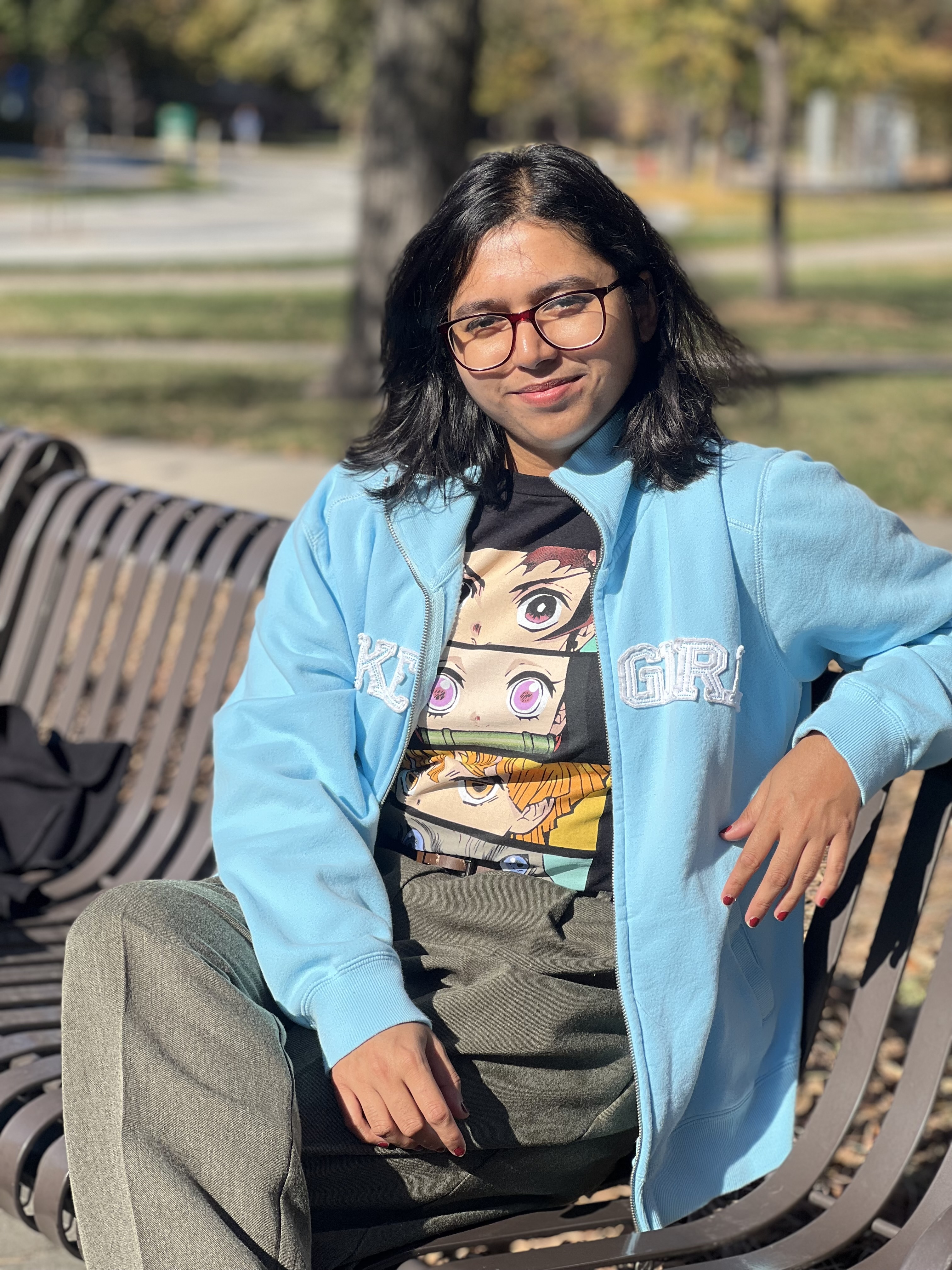
Zakia Sabnam
Zakia Sabnam is a master’s student in the Communication department at North Dakota State University. She is an enthusiast of all things related to cyberspace and AI. With a deep curiosity for the online world, Zakia's research interests revolve around exploring the fascinating and dynamic subcultures that exist within cyberspace.